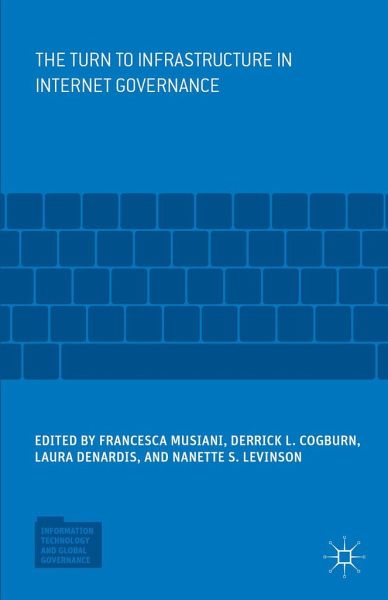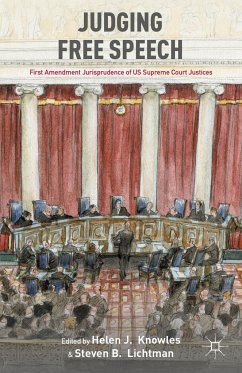Global technology infrastructure is understudied. The proposal aims to address this gap. The value added is an attempt to cover a variety of issues within the context of more than just the technical development and the accompanying policies. What is the relationship between the expansion of technology infrastructure and political decision makers, economic actors and civil society organizations?
Overall, I would agree that this proposal is strong, especially if the invited (and proposed) authors agree to contribute. The editors have found the scholars who are known for work in these areas. The topics are important and have the potential to have long-term impact rather than just a snapshot of what is happening now, something that
edited volumes often do. If the editors/authors will very consciously place the cases and discussions in the larger context of the relationships described above, the shelf life has the potential to be lengthy. I would encourage the editors to purposefully take this type of approach with the contributors: not simply a description of the relevant cases, but a real integration in each chapter of the larger conceptual and theoretical foundations.
I would recommend publication, but would encourage the authors the think about a few things as they go forward.
First, put a little more thought into the order of the chapters. I am not really sure why the editors have chosen the order of the sections. (Note: it is not necessary to have logic in chapter order, but I think that, if there is, it lends some credibility/legitimacy/coherence to the work and the arguments)
Currently, the order is:
IP
Censorship
Conflict
Surveillance
Another way to look at this might be how the different categories bring into play different levels/categories of actors. (I recognize that some scholars may think that 'levels' are an outmoded method of analysis, but I couldn't help thinking about it as I read the proposal.) For example, intellectual property rights can apply at both the national (patents) and international (World Intellectual Property Organization) levels. They some times interact, but there is a lot of bilateral activity rather than issue resolution at the international level. Censorship is principally a national level activity. Conflict is national level activity targeted toward other national level activities, with almost no activity just at the international level. Surveillance is a mixture of both. So, in this case, I might order from more national to more international in this way: Censorship, Conflict, IP, Surveillance.
A second way of looking at these is the relationship between public and private. At times the public sector has the upper hand, as with surveillance: the Patriot Act and the requirement for ISPs to turn over data. But, there is also the issue of private companies gathering, storing and analyzing personal data. At times the private sector has the upper hand as with IP rights and the evolution/extension of copyright in the US. At times it is fairly reciprocal as with conflict technologies when the private sector profits from contracts with the government to develop some of these mechanisms. In this case, I might order from more public to more private or vice versa.
I don't know that this is necessary and there may be some discussion of this in the introductory chapter, but it wasn't clear in the proposal and I would encourage the editors to put some thought into this.
Second, there is one category that is missing to me: privacy issues. There is no question in my mind that information privacy and technological infrastructure development are related. With the proliferation of software that aggregates information and the ability to store more and more information in smaller amounts of space, there is a question of the right to privacy. I am not saying that the argument needs to be that we actually HAVE a right to privacy. But, the issue is there nonetheless.
Third, in the respon
















